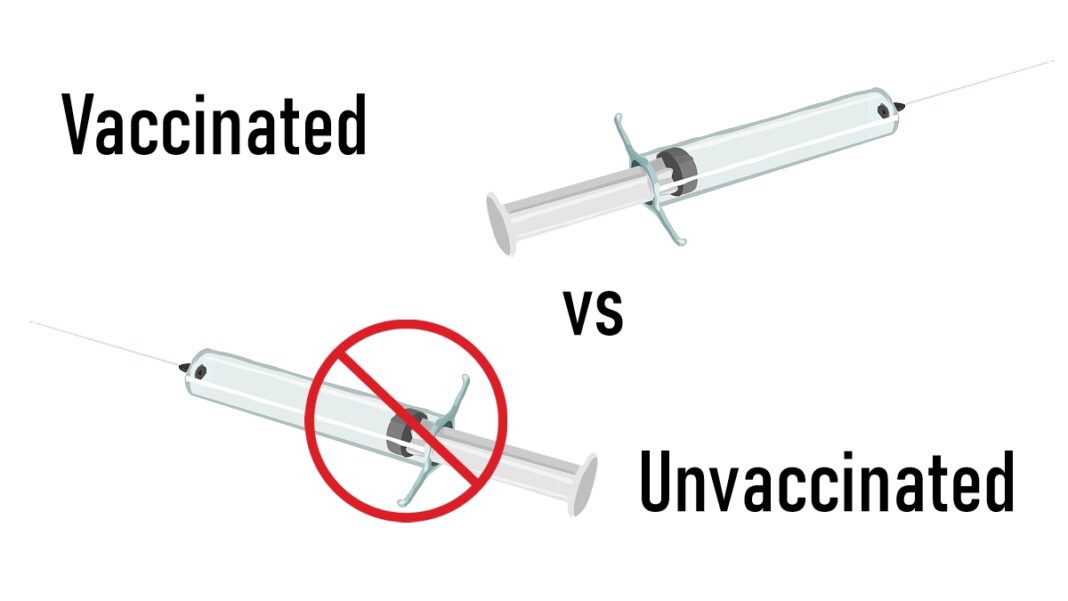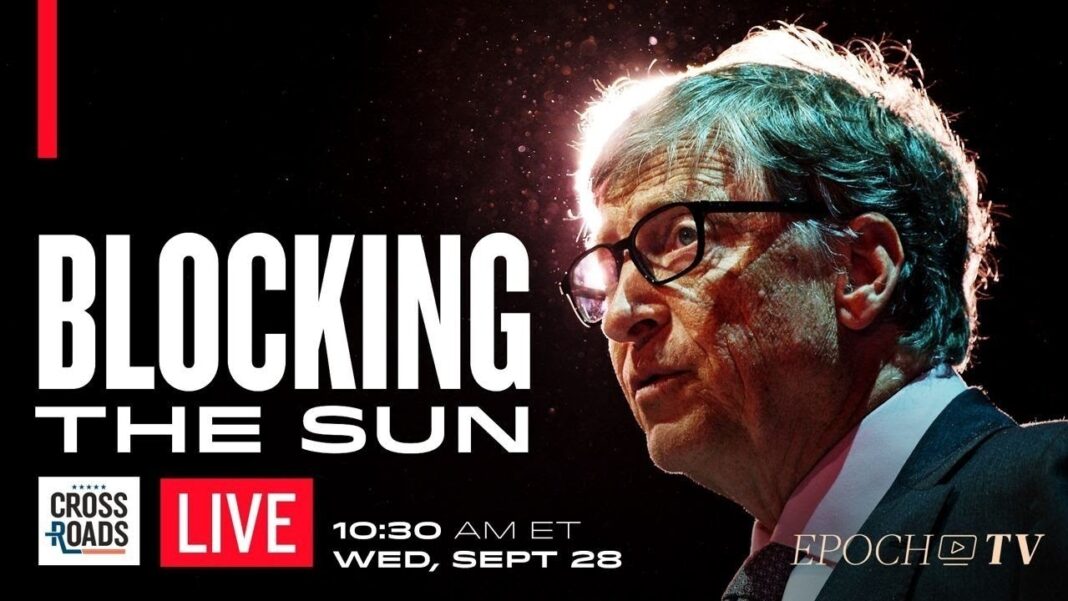After the fast spread of the pandemic of the coronavirus disease 2019 (COVID-19) from China to the Western world, several large pharmaceutical companies quickly invented and manufactured COVID-19 vaccines, which were then made available to the public through emergency use authorization (EUA). And in late 2020, people around the world started to receive these vaccines.
According to Our World in Data, to date, 67.9 percent of the world population has received at least one dose of a COVID-19 vaccine. While only 22.5 percent of people in low-income countries have received a dose of a COVID-19 vaccine, the vaccination rates of developed countries are generally high—typically around 80 percent. For instance, the COVID-19 vaccination rates of the G7 countries are: 79.19 percent in the United States, 86.96 percent in Canada, 80.92 percent in France, 77.66 percent in Germany, 85.82 percent in Italy, 83.60 percent in Japan, and 79.97 percent in the UK.
However, in all countries and regions around the world, there are people who elect not to receive the COVID-19 vaccines for various reasons. They are a naturally occurring control group, as opposed to the vaccinated population (i.e. the experimental group). Indeed, the whole COVID-19 vaccine campaigns can be regarded as the unprecedented largest human clinical trials on vaccine safety, by design or not, as the vaccines’ long term safety data was not available when they were provided to people under EUA. Then, the unvaccinated population in different parts of the world are very unique large control groups in such a global clinical trial.
Due to the highly valuable health data of this unvaccinated population, between October 2021 and February 2022, a UK-based organization called Control Group Cooperative (CGC) independently collected their self-reported data on their health status, reasons for declining to receive the COVID-19 vaccines, whether they have been infected by the SARS-CoV-2 virus, the severity of their symptoms for the ones that did get infected, and whether they’ve been subject to discrimination or victimization.
These data have then been analyzed by a team of researchers, who are entirely independent of the CGC and have received no funding for interpreting the findings of the CGC survey. Their recent report on their findings has been published on the International Journal of Vaccine Theory, Practice, and Research, which is a peer-reviewed scholarly open access journal.
By XIAOXU SEAN LIN and HEALTH 1+1









